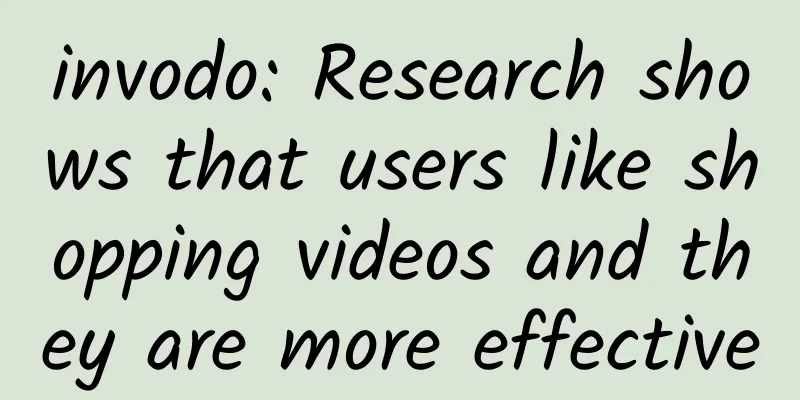A brief discussion on how many days after menstruation is the ovulation period

|
Modern women are prone to infertility, which is a heavy blow to women and their families. Therefore, women are now very concerned about their ovulation period, because ovulation is an important indicator for diagnosing female fertility. Most infertile women have problems with ovulation. Generally speaking, ovulation and menstruation have a certain relationship. So, which day after the menstrual period is the ovulation period? 1. The safe period is the seven days before and eight days after menstruation. However, this is just a general rule. Generally speaking, the safe period before ovulation is 7 days and the safe period after ovulation is 8 days. If your menstrual cycle has been 28 days for a long time, you can treat it according to the first seven and the last eight, because this will avoid the 10-day dangerous period. 2. For a woman who often has short cycles, such as a 21-day cycle, the ovulation day is probably on the 7th day. At this time, there is no safe period before ovulation, because the minimum reserved period before ovulation may occur at any time just after the menstruation ends. For such women, there may be a risk of pregnancy even if their menstruation has just ended. 3. For a woman who often has a long cycle, such as a cycle of 35 days, the ovulation day is probably on the 21st day. The delayed ovulation at this time makes it impossible to determine the safe period after ovulation. 4. The method of calculating the ovulation period is: start counting from the first day of the next menstruation, and count down 14 days or subtract 14 days, which is the normal ovulation day of women. Then add the ovulation day and the 5 days before and 4 days after it together, which is called the female ovulation period. If female friends want to get pregnant as soon as possible, they must clearly calculate their ovulation period. Only in this way can they conceive and have a baby normally. From the above introduction, it is a relatively simple question to determine which day after the menstrual period is the ovulation period, because women's ovulation period is generally about two weeks before the menstrual period. Therefore, if women want to get pregnant, they must grasp their ovulation period. Pregnancy at the right time can increase the chance of pregnancy. |
<<: Reasons for craving for food before menstruation
>>: What if my period lasts more than 7 days?
Recommend
How to solidify hawthorn cake better? What are the techniques for solidifying hawthorn cake?
We all know that hawthorn cake is a popular pastr...
Research on Female Masturbation Addiction
The topic of female masturbation has always been ...
Why is there brown discharge during ovulation?
As we all know, there are great differences in th...
What causes postpartum hypothyroidism?
Although hypothyroidism is not a very serious dis...
9 days after delivery, the lochia is bright red
Depending on the time of lochia discharge and its...
What to do when it rains and there is no sun? Is it okay to dry bacon with only ventilation and no sun?
We all know that bacon is a common meat food. It ...
Counterpoint: iPhone 15 series will occupy the top three best-selling mobile phones in the world in Q3 2024
Research organization Counterpoint Research has r...
Before myopia surgery, these 5 exercises should be done in advance!
"How can I better cooperate with the doctor ...
What is the use of the corpus luteum formed after ovulation?
The body structure of women is different from tha...
How long after a normal birth can I have a second baby?
Almost every woman will experience marriage and c...
What are the causes of postpartum ovarian cysts?
Family planning is implemented in today's soc...
Can women drink Wubao tea?
Many people have seen some promotional advertisem...
Is it OK to swim on the last day of your period?
It is very important for women to take care of th...
Why do I have lower abdominal pain during intercourse?
Many women will experience abdominal pain while e...
Does mild acute pancreatitis have sequelae? What are the emergency treatment methods for severe acute pancreatitis?
Mild acute pancreatitis is a relatively common ac...









